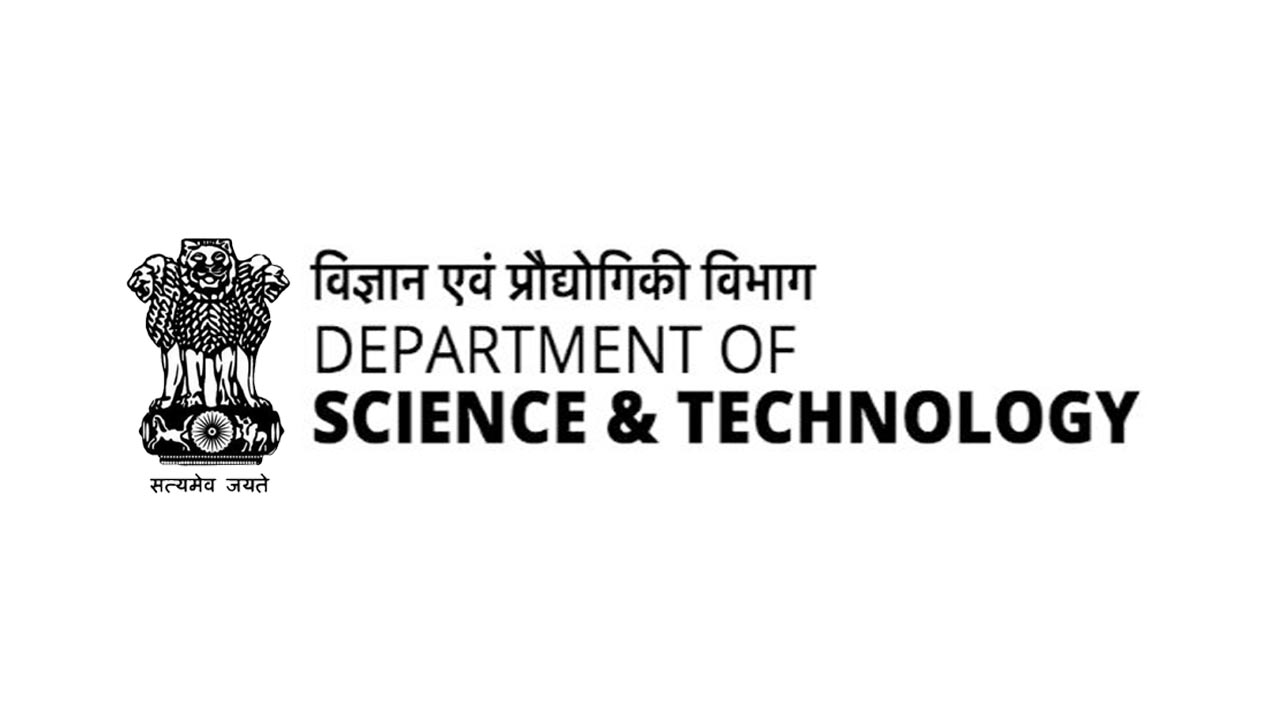Union Minister of State (Independent Charge) Science & Technology Dr Jitendra Singh informed that 27 proposals from private entities have been received so far for undertaking various space activities in India. In a reply to the Rajya Sabha he said, the types of proposals include building and launching of launch vehicles, building, owning and operating satellites, providing satellite-based services, establishing ground segments, research partnerships and providing mission services. The global space economy is poised to grow over a trillion USD in the next two decades.
With the space sector reforms, the Indian private space industry is slated to contribute to the core elements of the global space economy ─ space-based services, launch services, manufacturing of launch vehicles and satellites, the establishment of the ground segment, and launch infrastructure ─ to a considerable extent. Participation of the private sector including academic institutions, start-ups, and industries in end-to-end space activities is expected to expand the national space economy, generate more employment opportunities and create better manufacturing facilities.
The government also said that space technology applications are being used for digital education in the country. Satellite communication is being used for beaming the educational contents in digital mode by 19 States and A&N Islands under the tele-education program. Further, the Bhaskaracharya National Institute for Space Applications and Geo-informatics (BISAG-N) is also beaming 51 educational channels using satellite communication.
Apart from this, the Indian Institute of Remote Sensing is actively involved in training beneficiaries (such as UG/PG and Doctorate students, working professionals, academicians, school teachers, and school students) on space technology and its applications using digital platforms. During the last year, about 2.42 lakh participants benefitted from these programmes. The Space Sector is opened up for larger participation of non-governmental entities which is expected to bring in wide opportunities to provide space-based applications including digital education.


























